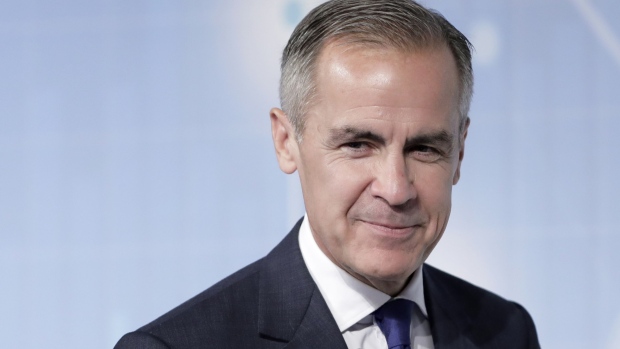
No bridge over troubled waters.
It wasn’t long ago that captains of industry fretted most about oil prices, asset bubbles, and unemployment. But since 2007, those participating in the World Economic Forum (WEF) in Switzerland have seen these worries replaced by an even more urgent threat: environmental change.
More than a thousand WEF participants were surveyed this year (pdf) about the biggest global risks facing the world. For the first time, climate change or climate-related issues occupied the top five spots as the most likely global risks. Weapons of mass destruction were the only non-environment related risk to be on the list of threats likely to have the biggest impact. It’s the first time since the poll began that environmental risk has ranked so highly, up from zero in 2010. 1
“Climate change is striking harder and more rapidly than many expected,” states the WEF (pdf). The world is now on track to warm by more than 3°C, blowing past what scientists say is a level required to avoid potentially catastrophic consequences. There’s no sign GHG emissions are peaking, states the United Nations (pdf), and every year of delay makes future reductions more difficult and drastic with potential damages measured in the trillions of dollars. The top factors ranked by 1,047 participants from business (38%), academia (21%), and government (15%) surveyed this year are below: MORE






